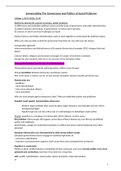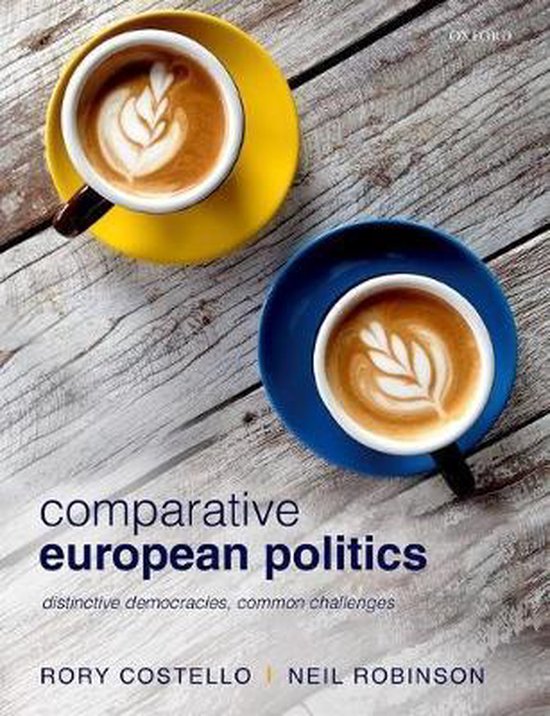College aantekeningen
Samenvatting hoorcolleges: The Governance and Politics of Social Problems
- Instelling
- Vrije Universiteit Amsterdam (VU)
Dit is een uitgebreide samenvatting van alle college's. Ik heb een 8,5 (!) gehaald door deze samenvatting goed te leren.
[Meer zien]





